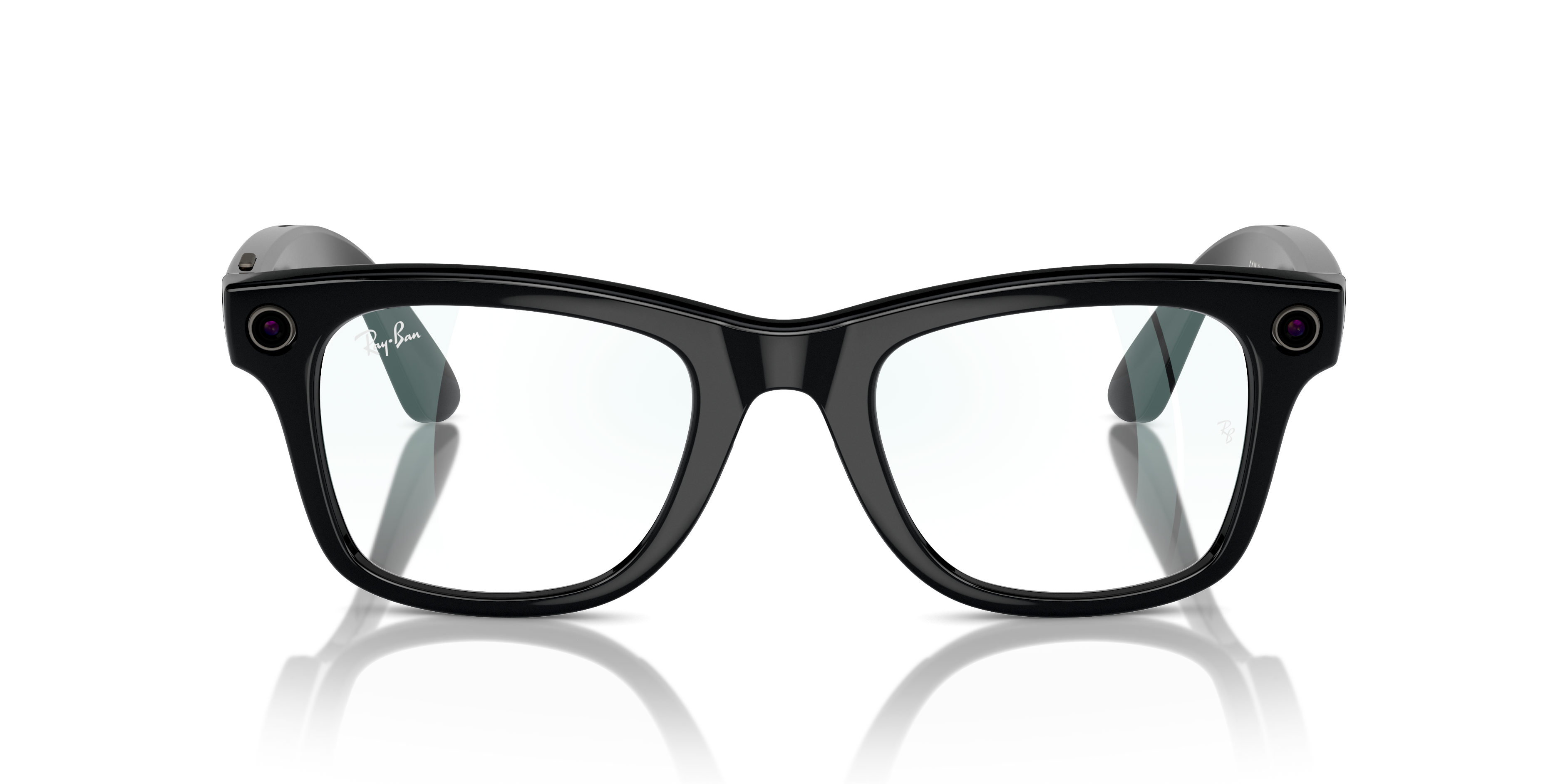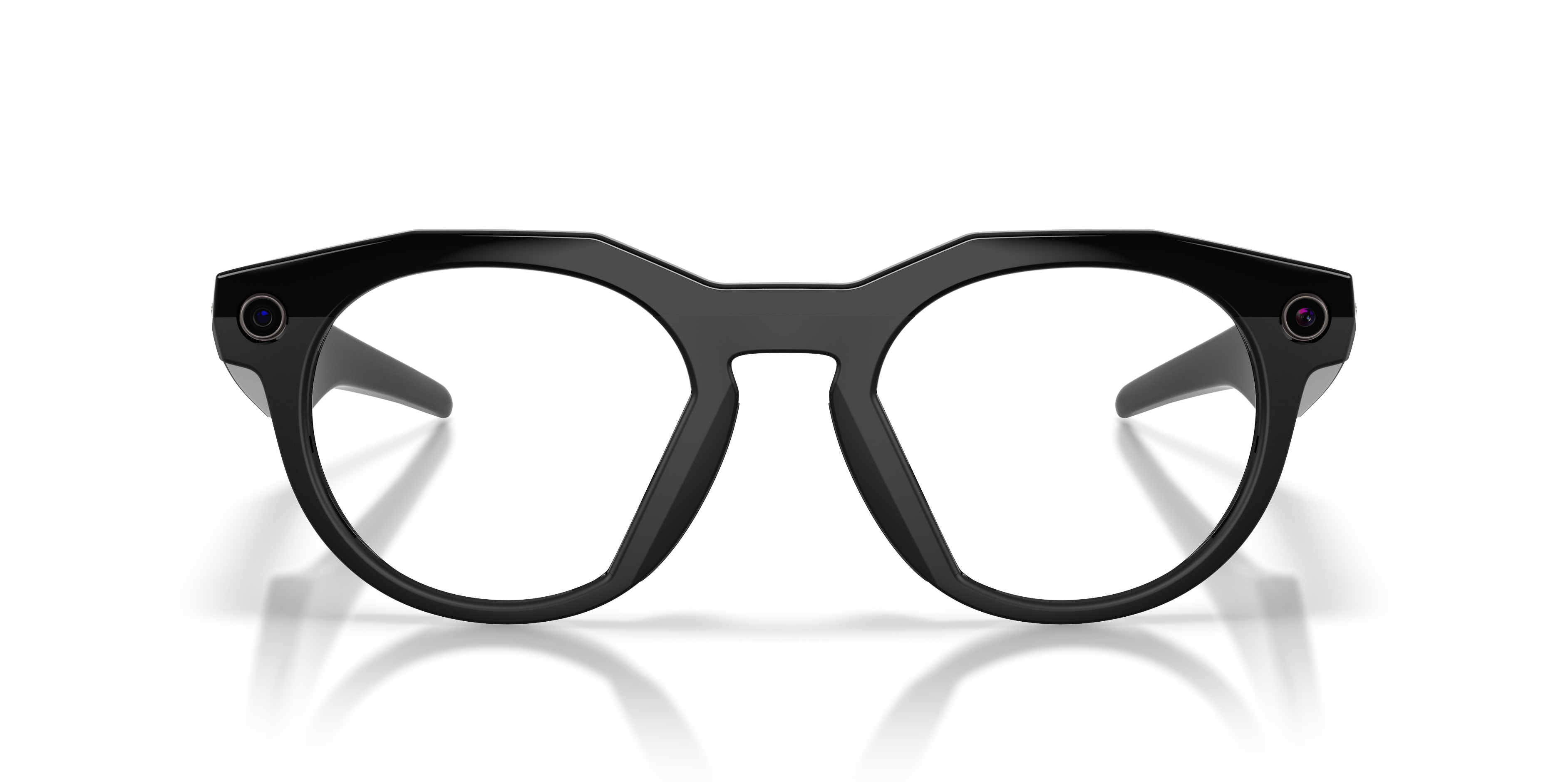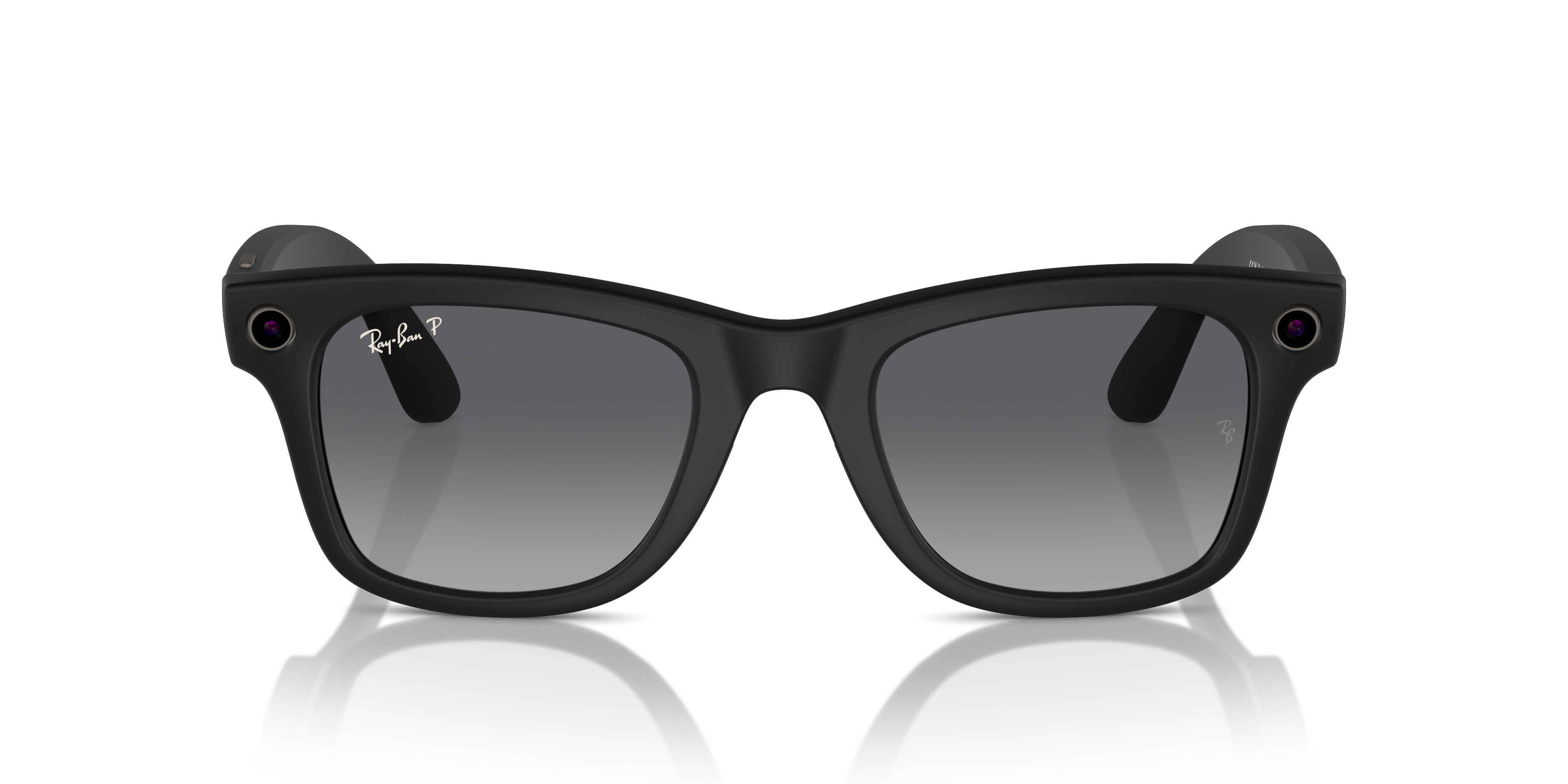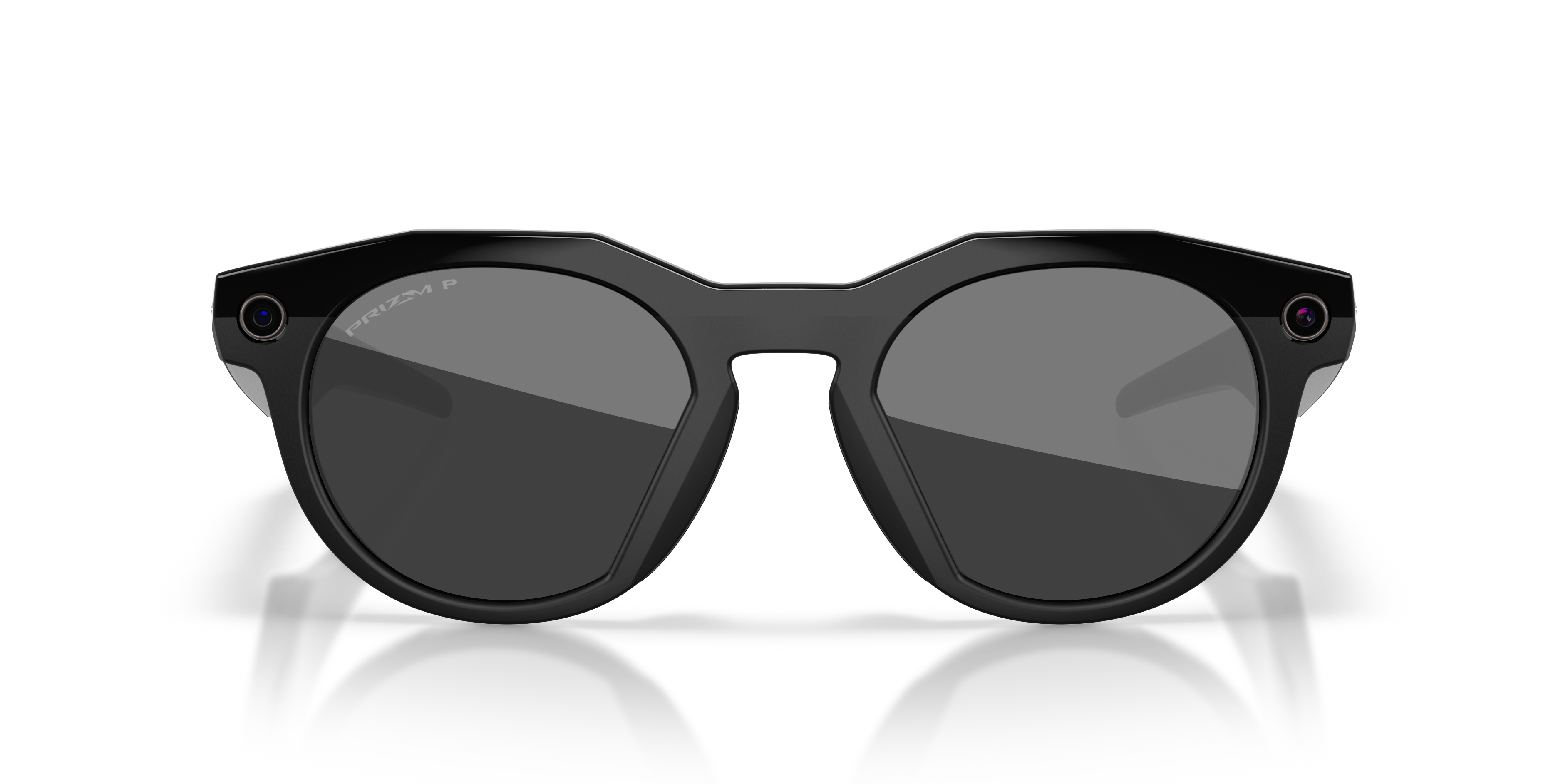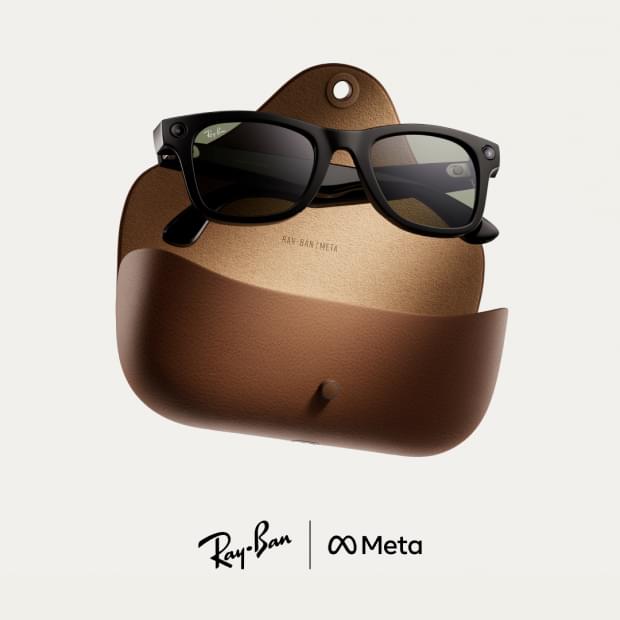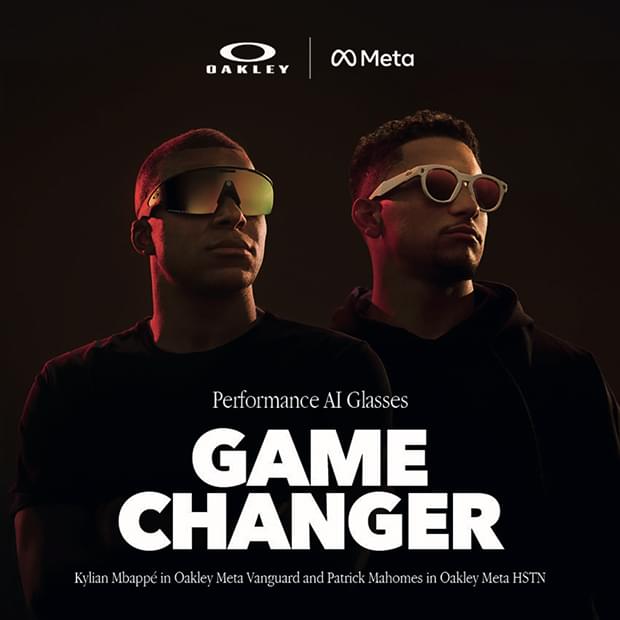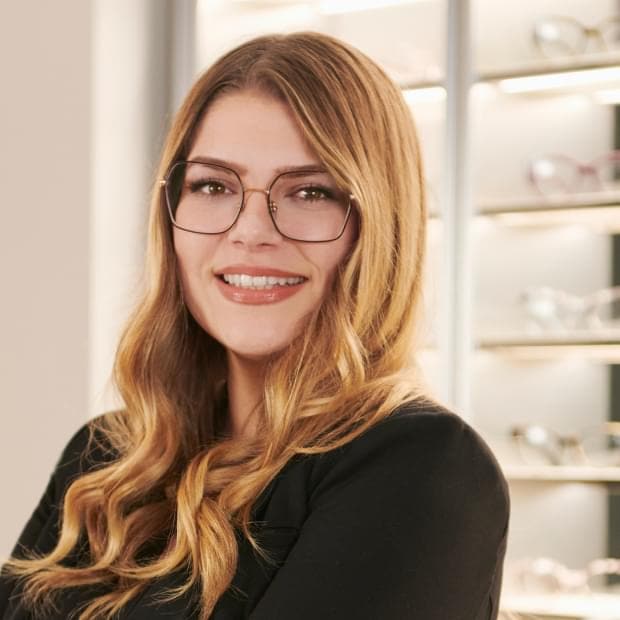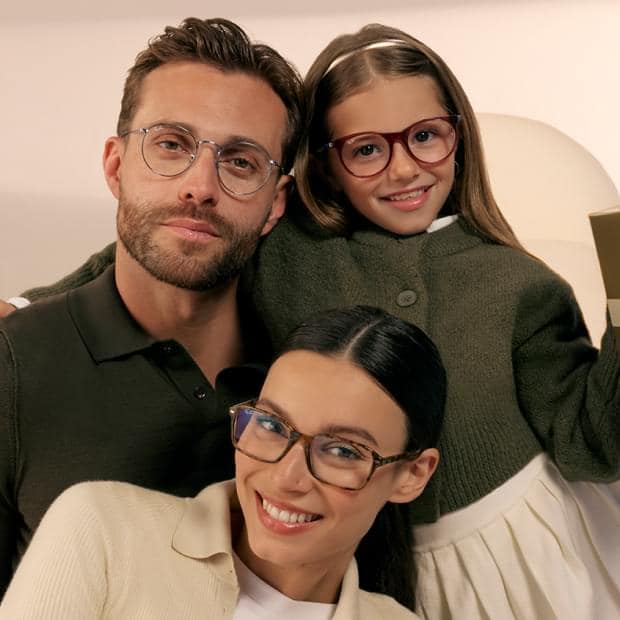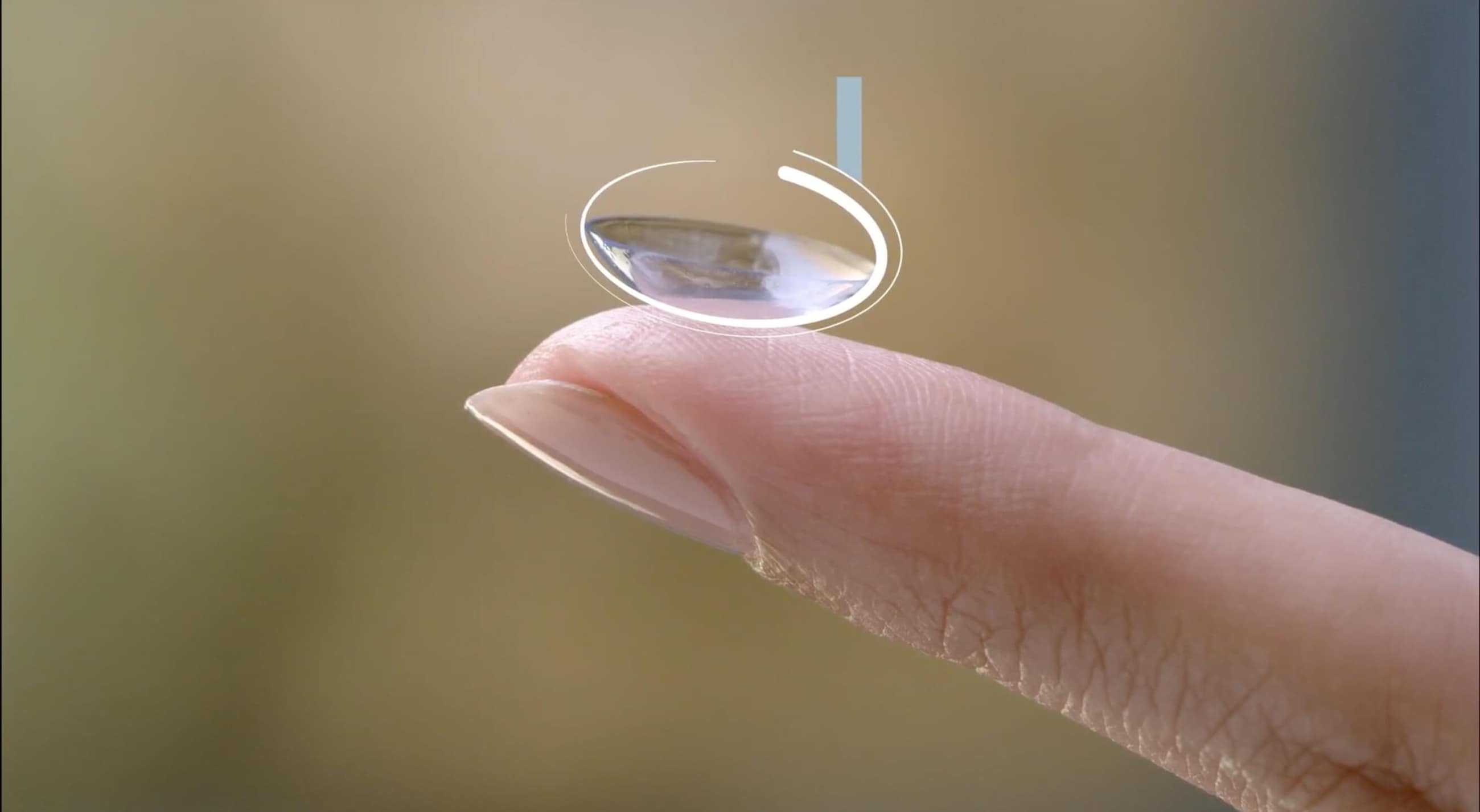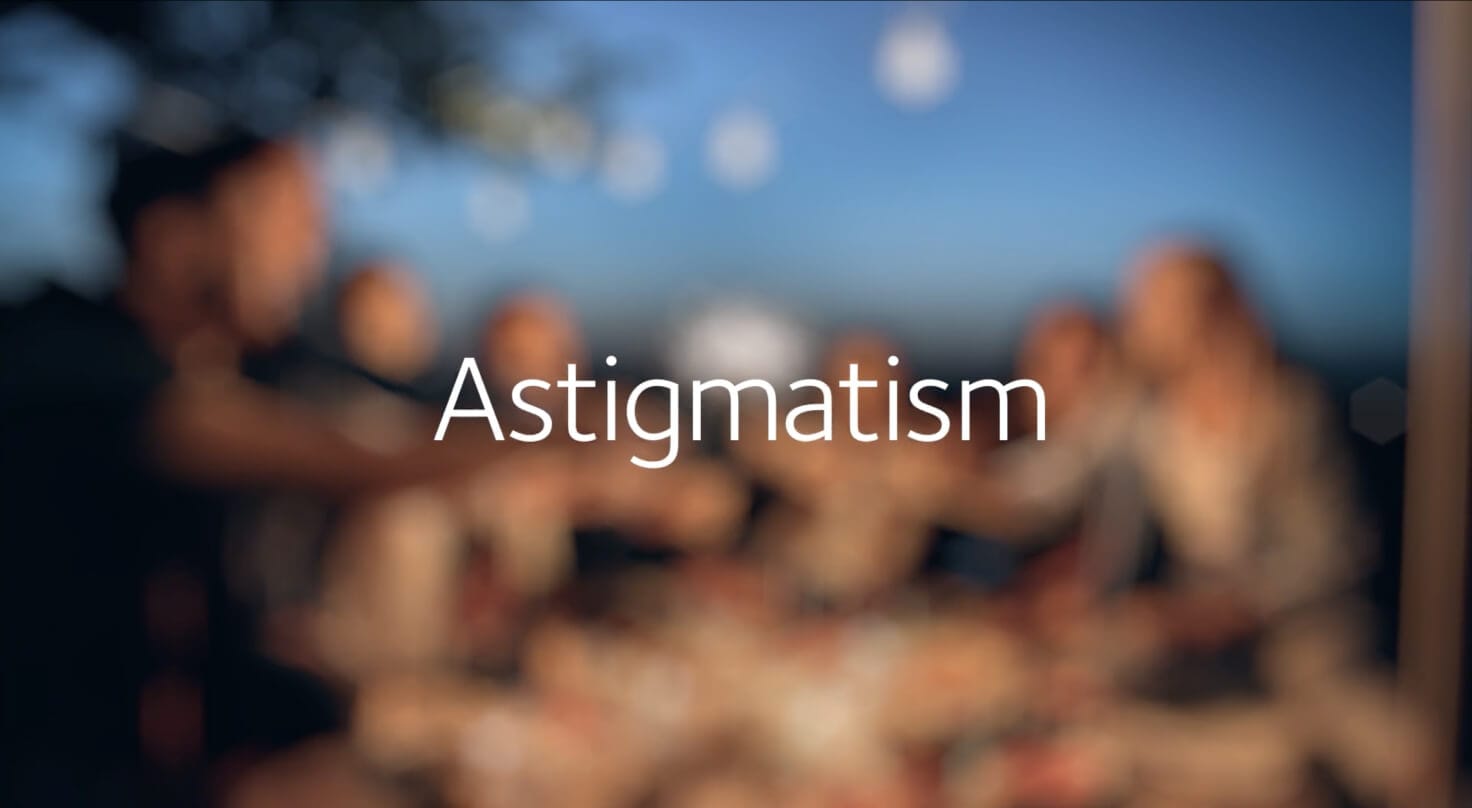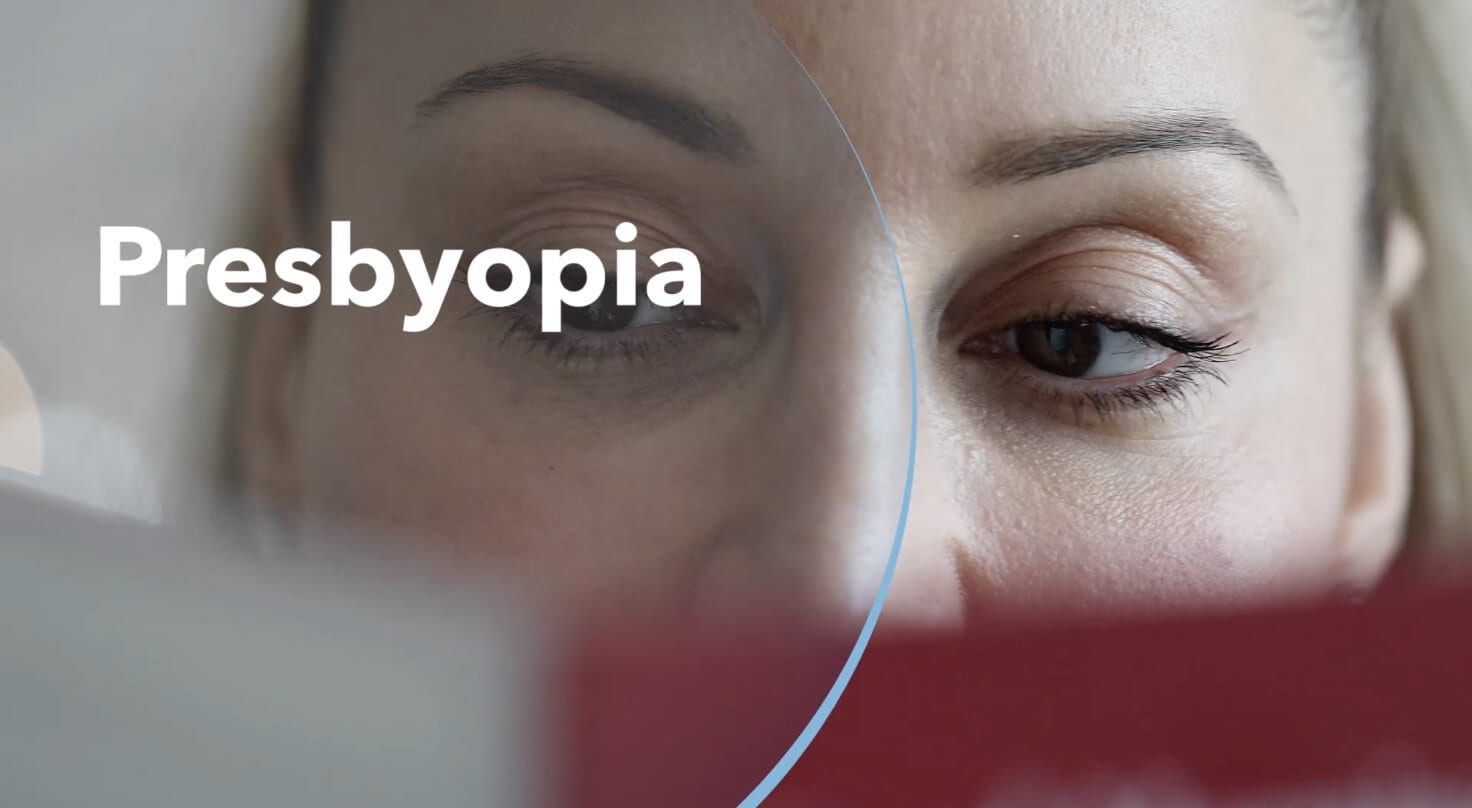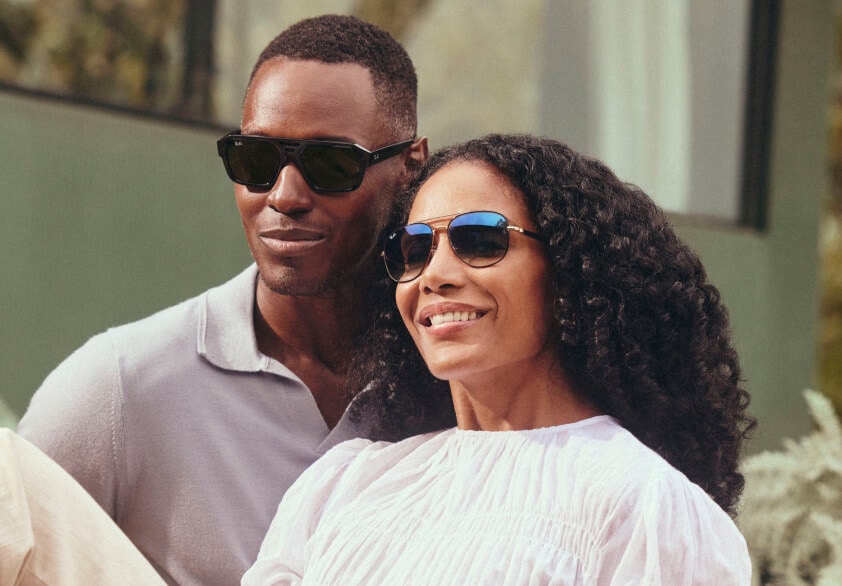understanding
CONTACT LENSES

CONTACT LENSES 101
Contact lenses are thin, clear disc-shaped plastic lenses that are placed on top of the eye’s surface to correct poor vision. While vision
correction is the main use for contacts, some people wear non-prescription
colored contacts to enhance or change their eye color.
Vision conditions like nearsightedness, farsightedness, astigmatism
and presbyopia can be corrected with contact lenses. An eye doctor must write a prescription for you to get and wear prescription contacts,
just like you need to get corrective eyeglasses.
There are different types of contact lenses to fit different vision needs, personal preferences and lifestyles. Read more to learn the types
and history of contact lenses, and how to determine which contacts are best for you.
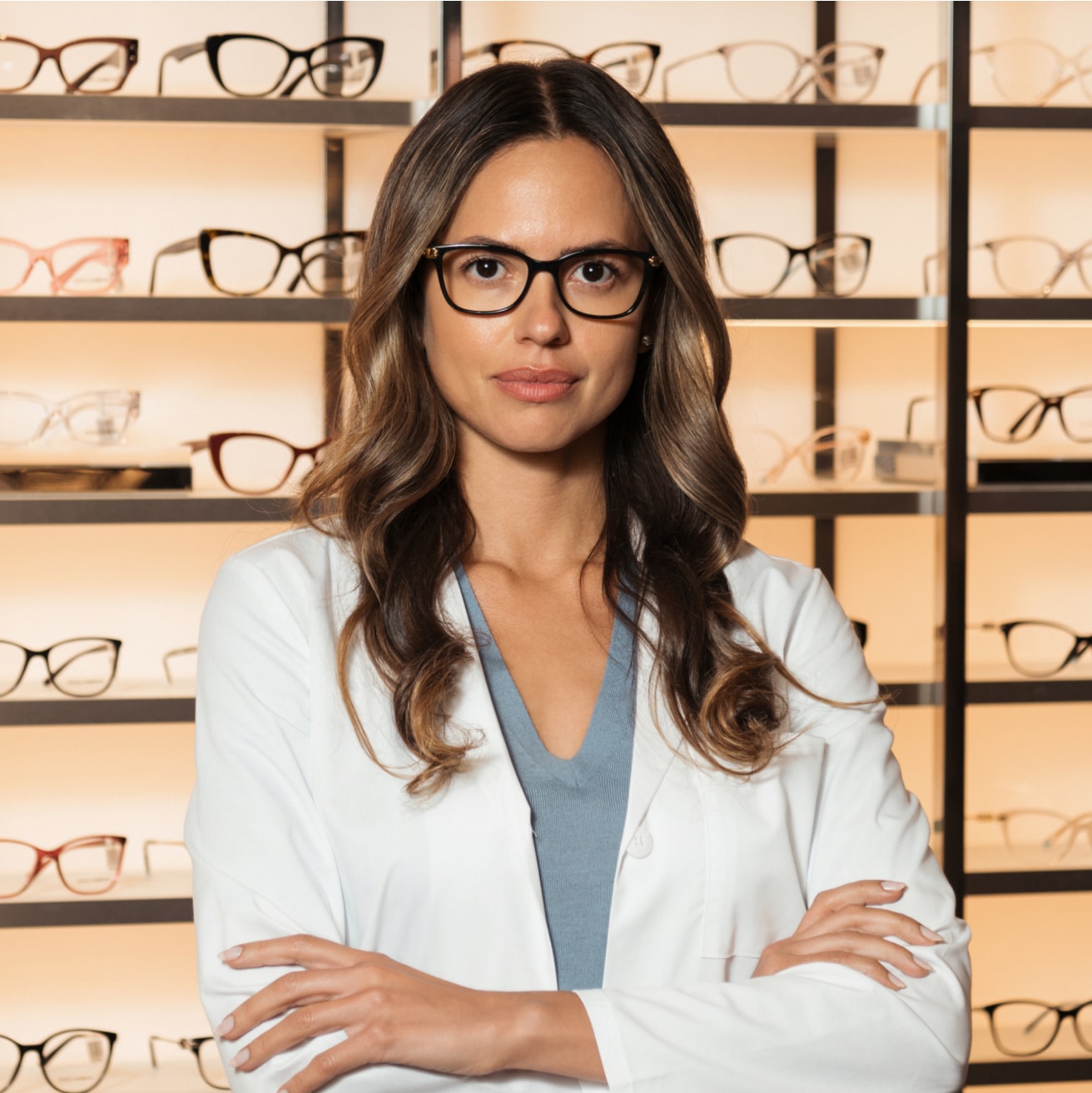
TYPES OF CONTACT
LENSES
SOFT CONTACTS
- Made from flexible plastic
- Prescribed for all vision needs, including astigmatism, multifocal
- Easy for first-timers
- Flexible and comfortable
- Stay in place
RIGID CONTACTS
- Made from plastic and other materials
- Less flexible than soft contacts
- Can provide sharper vision in cases of astigmatism
- Durable and easy to handle
- Custom made to fit perfectly on your eyes
PHOTOCHROMIC CONTACTS
- Change from clear to dark when you go from inside to outside
- Protect your eyes from UV rays and block excess light
- Designed to improve eye comfort by adjusting to the light around you
Which type of
contacts lenses
are right for me?
LensCrafters contact lenses come in daily, weekly and monthly wear options, which makes them a convenient choice for any preference.
After you’ve had a LensCrafters contact lens exam — which is different from an exam for eyeglasses — discuss your lens preferences and
lifestyle with your eye doctor. They can consider these factors and determine the best type of contact lenses for you.
Here are some things you should go over with your doctor when discussing your new contact lenses:
- VISION NEEDS. The vision problems being corrected will help determine what types of contacts are best suited for your needs (such as toric lenses for astigmatism).
- LIFESTYLE. Consider daily influences on your eyes. Do you have a job that requires a lot of screen time, long hours or exposure to certain eye irritants?
- HYGIENE HABITS. Be honest with yourself and your eye doctor about how much effort you’re willing to put into contact lens care. This will help determine which replacement schedule is right for you, or whether contacts are a good fit in general.

CONTACT LENSes
DO’S
AND DON’TS
DO
- Put contact lenses in before applying any eye makeup.
- Clean the contact lens storage case at least once a week using warm soapy water.
- Call your eye doctor if you experience eye redness, irritation or discharge, or if you experience vision changes like blurred vision or light sensitivity.
- Blink often to ensure your contact lenses and eyes stay hydrated.
- Throw away contact lens solution one month after it has been opened, even if there’s some left over.
- Follow your eye doctor’s instructions regarding your contact lens replacement schedule.
DON’T
- Wear contact lenses if you’re ill, have an eye infection, or experiencing eye allergies.
- Reuse contact lens solution to store or clean your contacts.
- Sleep in your contact lenses unless approved by your eye doctor.
- Swim or shower in your contacts.
- Clean or moisten your contact lenses using saliva.
- Use tap water to rinse or soak your contacts.
Book an eye exam in 3 easy steps
Choose your location
Schedule an eye exam
Add to calendar








